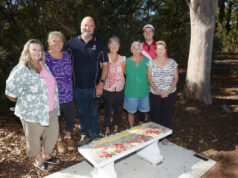Do you regularly make charitable donations?
Would you like to allocate a portion of your estate to a specific charity or cause upon your passing?
Drafting and considering your estate plan can include more than simply distributing assets among your family and loved ones.
It presents an opportunity to leave a lasting impact on your community by supporting causes and organisations close to your heart.
This also ensures that your memory endures beyond your lifetime.
To include your preferred charities in your estate plan, define your charitable objectives and values and select suitable philanthropic beneficiaries.
You can support a charity or cause in your Will by creating a trust, which can allocate specific amounts of money over a period of time or a lump sum donation.
Some charities have a preferred form of wording for their gifts.
It is always essential to ensure that the gift can pass elsewhere if your chosen charity is no longer available.
Once you’ve decided on your charitable gifts, it’s crucial to engage in open and honest discussions with the people who expect a gift from your Will.
This not only makes them aware but also minimises potential conflicts, showing your responsible and considerate approach.
By carefully integrating your preferred charities into your estate plan, you establish a legacy of generosity and community impact that will be felt long after you’ve passed.
This deliberate approach to estate planning not only ensures the financial well-being of your loved ones but also leaves a meaningful mark on the causes and organisations you deeply care about.
If you’re contemplating charitable gifts in your Will, consulting with your financial counsellor or accountant is advisable to address any associated tax implications.
Jude Keatley is a solicitor with JK Legal














